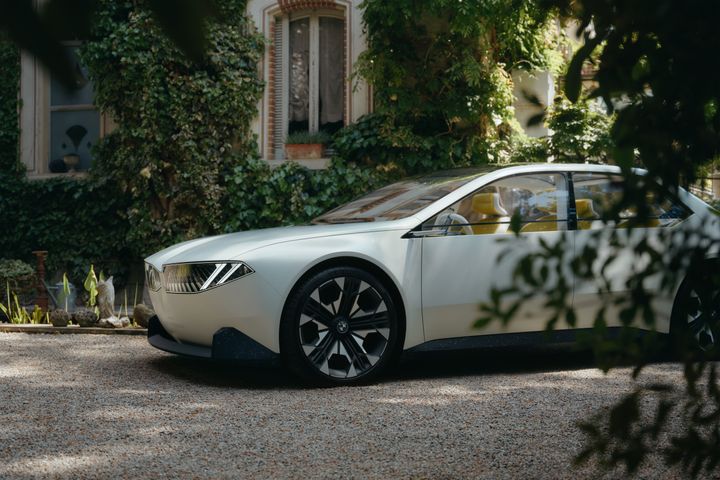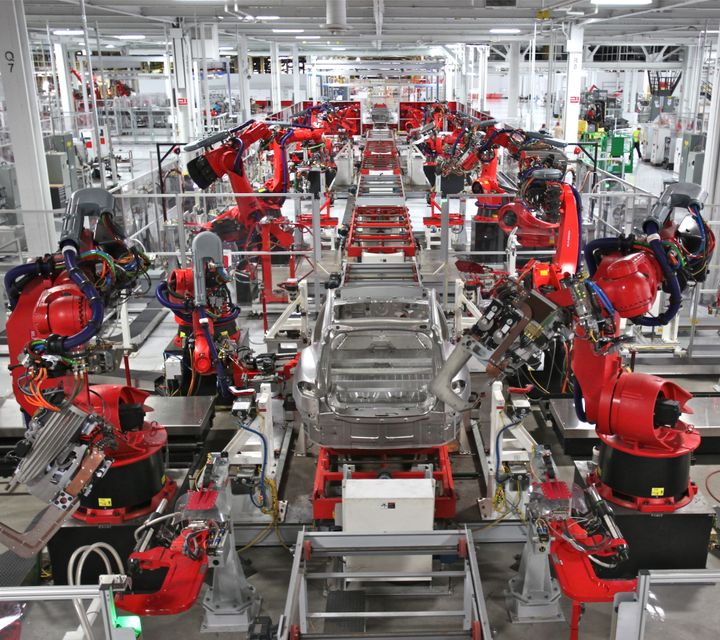EV Prices Set to Be at Par with ICE Vehicles as Battery Prices Plummet
Lithium-ion battery prices falling below $100/kWh signal a turning point, bringing electric vehicle prices in line with ICE vehicles, spurring EV adoption.

London, UK - 25th September 2023: The electric vehicle revolution is poised to accelerate as battery prices experience a significant drop, bringing EVs closer to achieving price parity with their internal combustion engine (ICE) counterparts. Recent data reveals that the cost of lithium-ion battery cells, a key component in electric vehicles, has fallen below a critical threshold, marking a major milestone in the industry's ongoing transformation.
In a recent development, lithium-ion battery prices witnessed a remarkable decline of nearly 10% in August. According to energy analytics firm Benchmark Mineral Intelligence, this brought the average price per kilowatt-hour (kWh) to $98.20, a noteworthy 33% reduction from March 2022. Crucially, it's the first time in two years that battery prices have dipped below the significant $100/kWh mark.
Experts in the field have long identified this $100/kWh threshold as the tipping point that would propel electric vehicles into mainstream affordability, directly competing with traditional ICE vehicles. "Decreasing cell prices could allow OEM's to sell mass-market electric vehicles at comparable prices to internal combustion engine vehicles, with the same margin, improving the attractiveness of the EV transition for both consumers and automakers," notes Benchmark analyst Evan Hartley.
The reduction in battery prices over the past decade is nothing short of remarkable. Merely a decade ago, lithium-ion batteries carried an average price of $668/kWh. By March 2022, that price had plummeted to $146.40/kWh, marking an astonishing 80% decrease over the course of ten years. With the recent drop in August, experts anticipate further gradual price declines in the months ahead.
Several factors contribute to this downward trajectory in battery costs, including government subsidies, intensified competition in the EV market, advancements in battery chemistry, and falling raw material expenses. Notably, the dramatic drop in lithium prices, which have more than halved since the beginning of 2023, along with significant reductions in the costs of nickel and cobalt, play a pivotal role in this trend.
The implications of lower battery prices extend far beyond the electric vehicle market. Energy analysts believe that cheaper batteries could significantly enhance the feasibility and efficiency of renewable energy systems, such as solar and wind installations. These systems often rely on energy storage solutions to capture and store excess energy during periods of overproduction.
As battery costs continue to decline, the transition to electric vehicles becomes an increasingly attainable goal. Consumers, automakers, and industries worldwide stand to benefit from this monumental shift in the automotive landscape. Electric vehicles are not merely the future; they are fast becoming the present, poised to reshape the automotive industry and reduce our carbon footprint.
With the precipitous decline in battery prices, electric vehicles are rapidly becoming a force to be reckoned with in the automotive market. Lower costs, combined with ongoing technological advancements, signal a new era in transportation and energy. Achieving price parity with ICE vehicles is no longer a distant goal but a tangible reality on the horizon. As the world embraces electric mobility, consumers and automakers alike are positioned to reap the rewards of this seismic shift in the automotive landscape. The electric vehicle revolution is not coming; it's here to stay.




 Industry Inscript is a subsidiary of Valiant and Company Ltd.
Industry Inscript is a subsidiary of Valiant and Company Ltd.
Comments ()